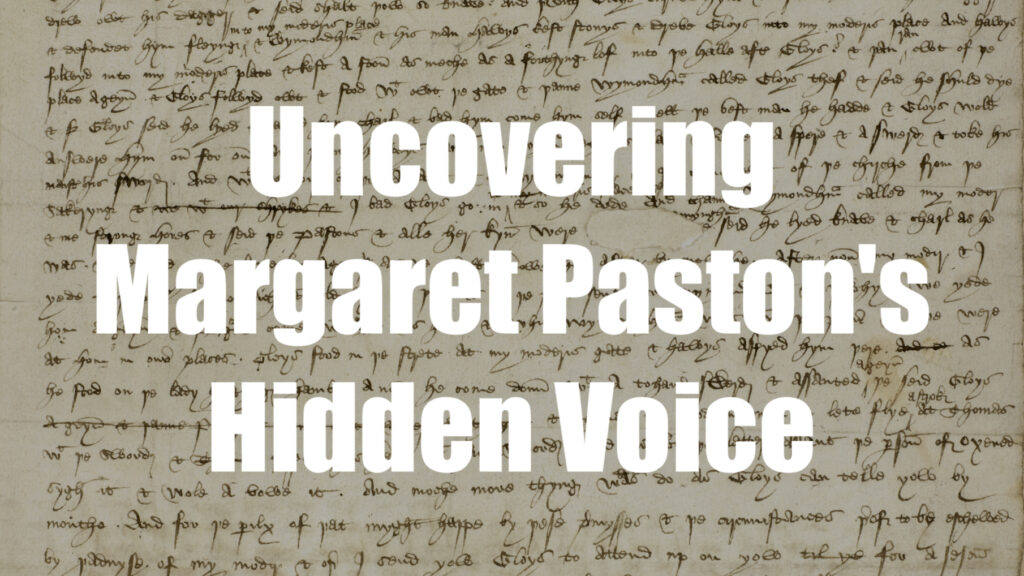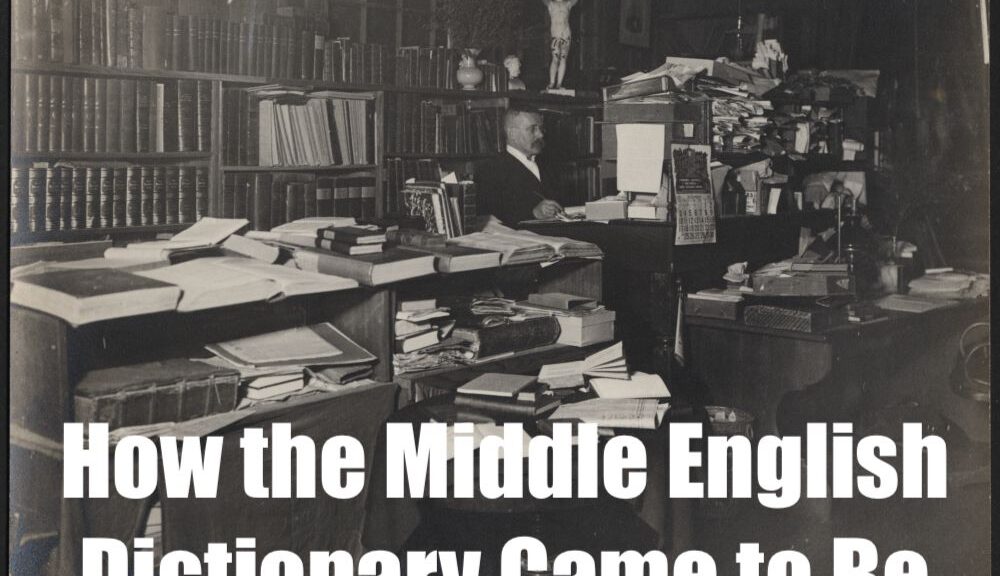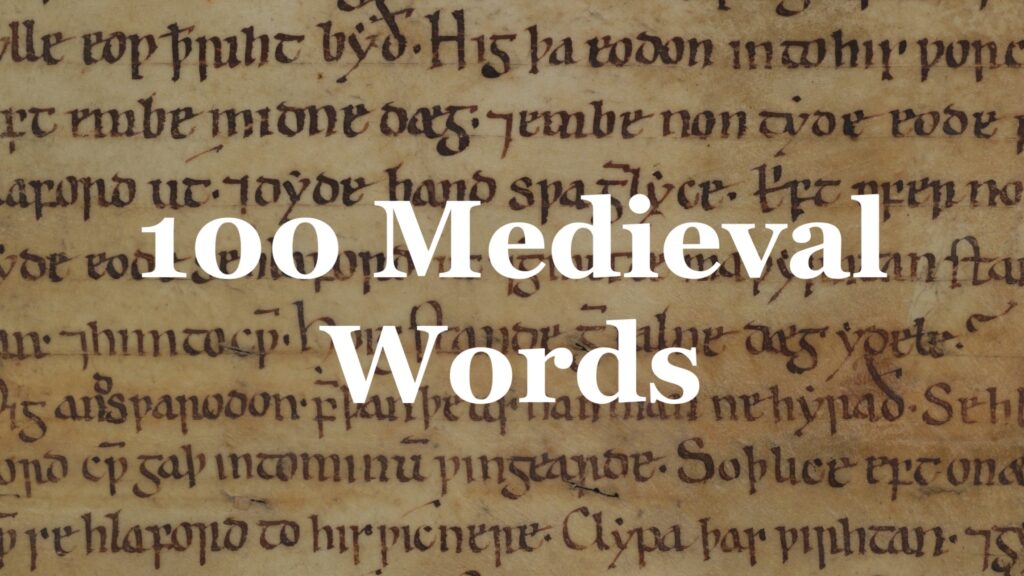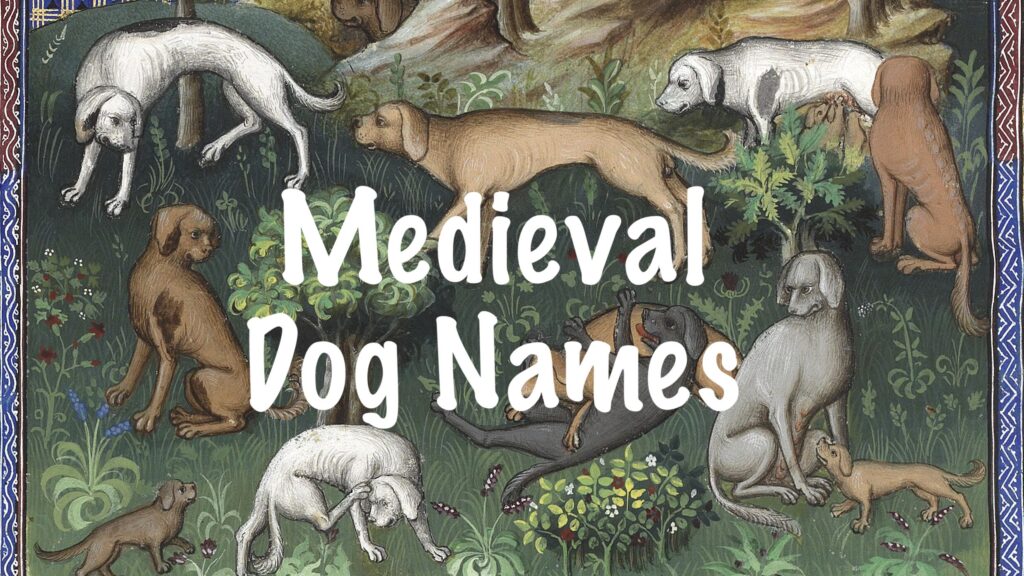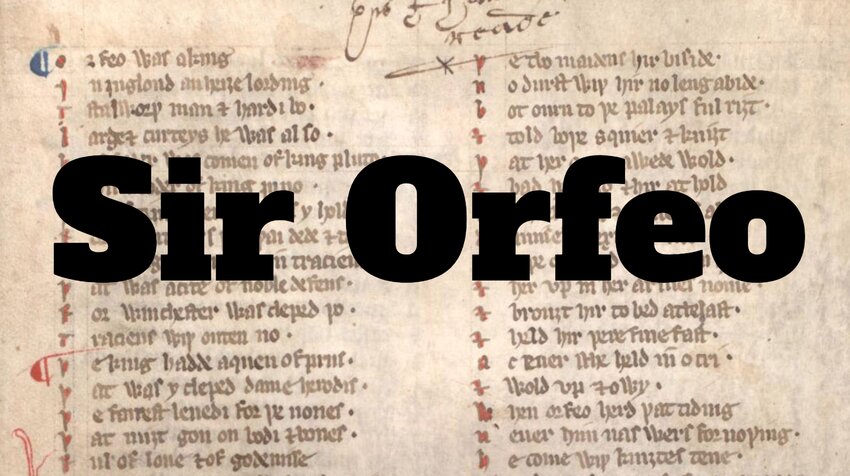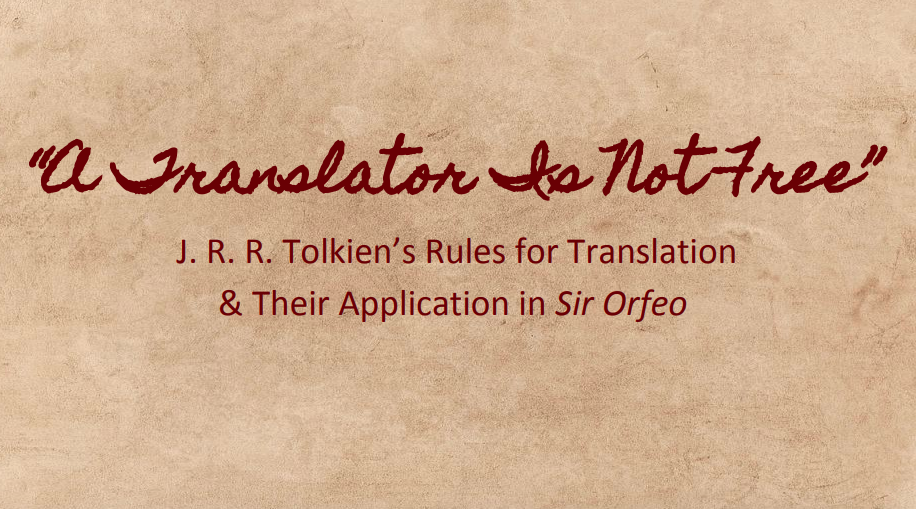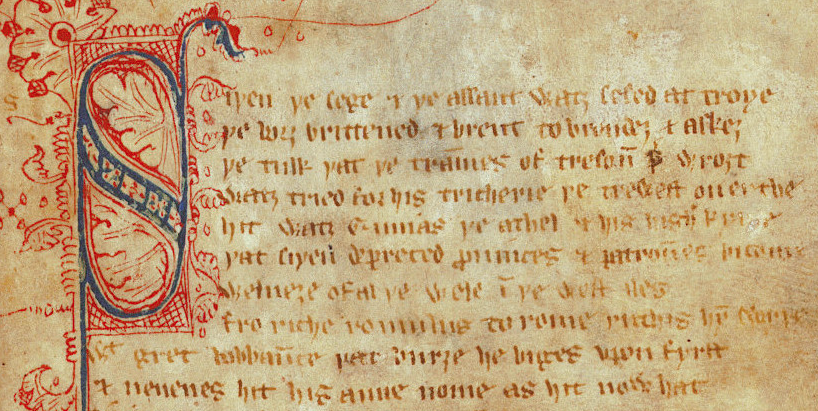Uncovering Margaret Paston’s Hidden Voice: How Forensic Linguistics Revealed a Medieval Woman’s Authentic Words Through 500-Year-Old Letters
Using computational analysis to solve a 15th-century mystery: Did scribes silence Margaret Paston’s true voice?
Habent sua fata libelli: How the Middle English Dictionary Came to Be
Discover the forgotten story behind the Middle English Dictionary and the scholar who started it all—Ewald Flügel, a German philologist whose ambitious vision helped shape Middle English studies.
100 Medieval Words That Meant Something Totally Different
Here are 100 medieval words that have transformed over time—some in surprising ways!
The Winter Blues in the Middle Ages
Winter got you feeling down? You’re not alone. The long, dark nights of winter have always been the cause for a little doom and gloom, especially before the age of electric lights and electric blankets.
30 English Sayings We Got From The Middle Ages
Here are 30 popular English sayings that we inherited from the Middle Ages.
1,065 Unique Dog Names from the Middle Ages
Looking for the perfect name for your dog? A late medieval treatise may have just what you need—it lists 1,065 unique names for dogs.
35 Medieval Expressions Invented by Chaucer: Phrases That Shaped Modern English
We explore 35 medieval phrases invented by Chaucer, including many that are still used today.
Your Medieval ABCs
We all remember reading ABC books when we were children. In medieval England, there was something similar, with a poem known as the ABC of Aristotle. Here are two of these texts in translation.
Medieval Horror, Epistemic Fear, and the Cloud of Unknowing
Examines ideas about the horror genre through the late 14th-century Middle English work, The Cloud of Unknowing.
The Differences between Old English, Middle English and Modern English
The most noticeable difference between older forms of English and today’s English is the alphabet.
A Medieval Song for the Summer
One of the most famous pieces of music that has survived is a Middle English song about summer: “Sumer is Icumen In”.
Medieval Advice for Parents
A look at two Middle English texts that deal with advice: How the Goode Wife Taught Hyr Doughter and How the Goode Man Taught Hys Sone.
Medieval Storytime: Sir Orfeo
It’s medieval storytime! This week on The Medieval Podcast, a story from the ancient world is translated into the Middle Ages in the tale of Sir Orfeo.
Getting A Word In: Contact, Etymology and English Vocabulary in the Twelfth Century
This lecture explored the etymologies, meanings and contexts of some key words from this crucial time, as a way to think about the evidence for contact and change at the boundary of Old and Middle English and to illustrate how rich, diverse, challenging and surprising its voices can be.
Manuscripts of Middle English literature go online
Key manuscripts of Middle English literature have been digitised and made available online by the University of Manchester. They include works such as Geoffrey Chaucer’s The Canterbury Tales and John Lydgate‘s Troy Book and Fall of Princes.
Middle English Texts Series gets a boost from NEH
A pioneering initiative to make texts from the Middle Ages available to scholars and students around the world receives continued support from the National Endowment for the Humanities.
Growing mad: plant being and the medieval human in Sir Orfeo
In the Middle English Breton Lay Sir Orfeo, the eponymous hero describes his wife’s madness as her becoming “wyld and wode” (wild and wooden).
The way of obtaining the Grand Elixir : an edition of the ‘Tamyrtone’ text in BL Harley 1747
Take one quarter ounce of the sun and half an ounce of the moon, purified, and make of both of them thin metal filings. Then take an …
Why Is English So Weird?
The English language is notoriously difficult to learn and to spell. In this episode of The Medieval Podcast, Danièle talks about the medieval roots of English and how it got to be so weird.
A literary history of the ‘Soul and Body’ theme in medieval England
This theme is preserved and developed in several medieval English texts, both in prose and verse, dating from the tenth to the fifteenth century.
A memoir of the court of Henry VII
The memoir of the court of Henry VII for the years of 1486-90, contained in BL, MS Cotton Julius B. XII, fols. 8v-66r, represents an invaluable source for the study of court and socio-political life during the early years of the reign of Henry VII.
“My Written Books of Surgery in the Englishe Tonge”: The London Company of Barber-Surgeons and the Lylye of Medicynes
This article explores the later provenance of the Lylye amongst the Gale family of barber-surgeons in sixteenth-century London.
Fairies and the Fairy World in Middle English Literature: the Orpheus Tradition from the Classical Era to the Middle Ages
I decided I wanted to know more about those “medieval fairies”: were there other Middle English poems where I could find them?
“A translator is not free”: J. R. R. Tolkien’s Guidelines for Translation and Their Application in Sir Orfeo
While bemoaning his struggles with translating the Middle English poem “Pearl,” Tolkien declared to his aunt, Jane Neave, that ‘a translator is not free”: but he neglected to delineate the specific rules by which he believed translators were shackled.
Unknowing the Middle Ages: How Middle English Poetics Rewrote Literary History
The concept of the unknown captivated medieval theologians, mystics, lovers, and travelers for centuries, and yet literary scholars too readily reduce this topos to a romance trope.
